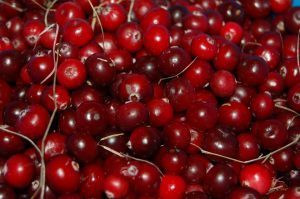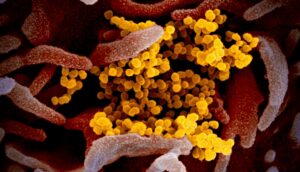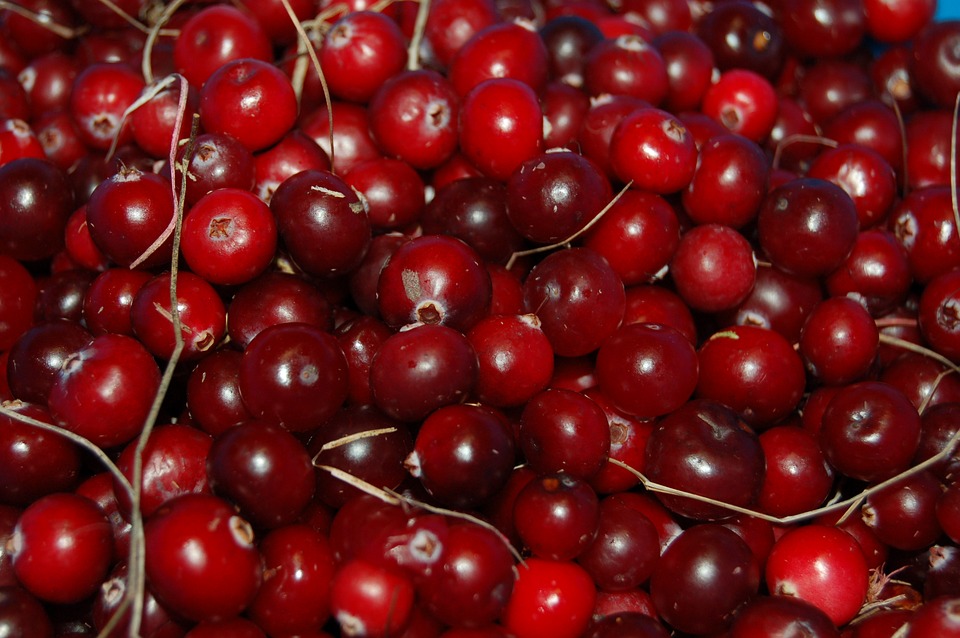
If you’ve never had a bladder infection before, count yourself lucky. Bladder infections are no fun – they cause a burning sensation when you pee, and can be quite painful. We will discuss the causes of bladder infections, how to prevent them, and the treatment options available if you do get one.
 What is a bladder infection and what are the symptoms?
What is a bladder infection and what are the symptoms?
A bladder infection, also known as cystitis, is a urinary tract infection (UTI) that occurs when bacteria enter the bladder. The most common symptom of a bladder infection is a burning sensation during urination. Other symptoms may include cloudy or bloody urine, pelvic pain, and urgency or frequency of urination. If left untreated, a bladder infection can lead to serious kidney problems. Treatment for a bladder infection typically includes antibiotics prescribed by a doctor. In some cases, drinking cranberry juice or taking probiotics may also help to clear the infection. Prevention of bladder infections can be achieved by urinating after sex and wiping from front to back after using the restroom. Drinking plenty of fluids and avoiding tight-fitting clothing are also good methods of prevention.
 Causes of bladder infections?
Causes of bladder infections?
The most common cause of bladder infections is the bacteria Escherichia coli (E. coli), which is found in the digestive tract. Women are more prone to bladder infections than men because their urethra (the tube that carries urine from the bladder to the outside of the body) is shorter. This allows bacteria to enter the urinary tract more easily. Treatment for a bladder infection involves taking antibiotics to kill the bacteria, but there are natural alternatives that work well. Drink plenty of fluids to help flush out the bacteria from your system. Avoid coffee, tea, and alcohol, which can irritate your urinary tract. And don’t hold in your urine – go to the bathroom when you feel the urge. Cystitis usually clears up within a week with treatment. However, some women experience recurrent bladder infections.

Bladder infections are a common problem, especially for women. The good news is that there are a number of natural treatment options that can be effective in treating bladder infections. Cranberry and D-mannose are two of the most popular natural treatments for bladder infections. Cranberry contains compounds that can prevent bacteria from sticking to the walls of the bladder, making it difficult for them to multiply. D-mannose is a naturally occurring sugar that has been shown to help flush bacteria out of the bladder. Both cranberry and D-mannose are available in supplement form, so they are easy to take.

Though scientists are still working to understand all the mechanisms at play, cranberry appears to be effective in preventing bladder infections. The two main ways it seems to work are by: 1) blocking bacteria from attaching to the bladder walls, and 2) making the urine more acidic so that bacteria cannot survive as well in it. In addition, cranberry contains compounds that may have anti-inflammatory effects and promote healing of the urinary tract. While more research is needed, the evidence so far suggests that cranberry may be a helpful addition for those who are prone to bladder infections.

D-mannose is a simple sugar that can be found in a variety of fruits, including apples, blueberries, and cranberries. For those diabetics out there, no worries, D-mannose does not elevate blood sugar. Unlike other sugars, D-mannose is not metabolized by the body and is excreted in the urine relatively unchanged. This property of D-mannose makes it an attractive option for the prevention of bladder infections. Bladder infections are caused by bacteria that attach to the urinary tract and multiply. The most common type of bacteria responsible for bladder infections is Escherichia coli (E. coli). Studies have shown that D-mannose prevents E. coli from attaching to the walls of the urinary tract, thereby preventing bladder infections. In addition, D-mannose has been shown to be safe and well tolerated, with few side effects reported. As a result, D-mannose appears to be a safe and effective option for the prevention of bladder infections.
In summary:

Do you suffer from frequent bladder infections? Pick up some cranberry or D-mannose, or a combination of both today!


Leave a Reply